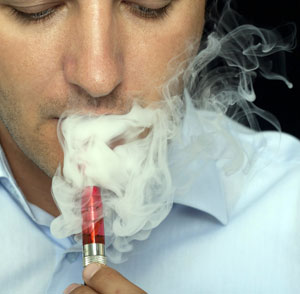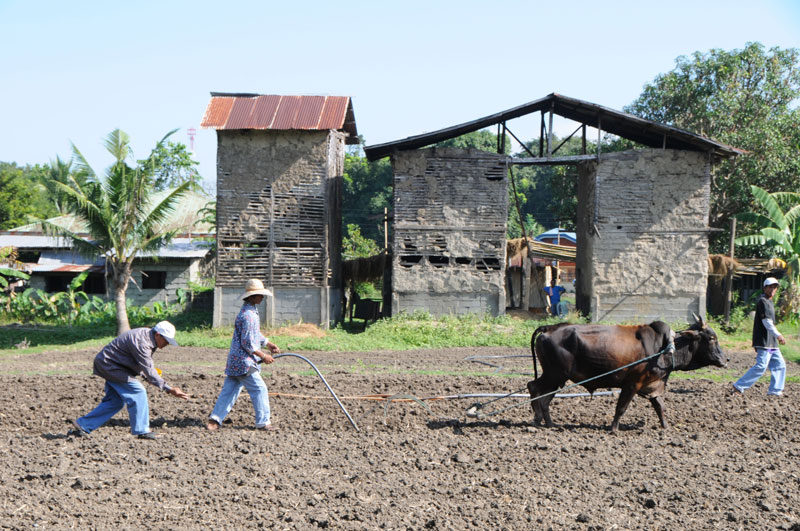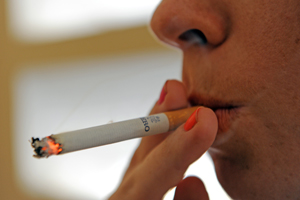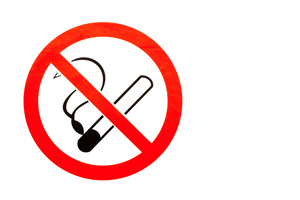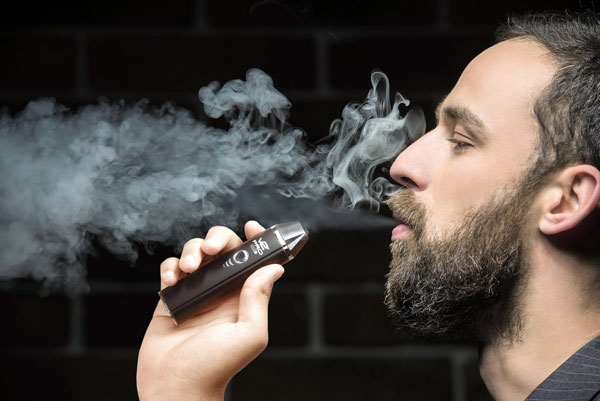The Australian Tobacco Harm Reduction Association has issued useful guidelines about how tobacco smokers in Australia can become nicotine vapers – legally.
In a note posted on its website, the Association starts by stating that vaping nicotine is a less harmful and less costly alternative for adult smokers who are unable to quit.
Smokers who switched to vaping felt much better, saved money and were exposed to far fewer chemicals than they were when they smoked, it said.
Most of those who switched needed to use e-liquids containing nicotine, at least initially.
And it was legal to vape with nicotine in Australia if smokers followed the rules below:
- ‘Obtain a nicotine prescription from your doctor or other medical service.
- ‘Order nicotine liquid from a trustworthy international website or an approved Australian compounding pharmacy
- ‘If importing nicotine liquid, make sure you meet the requirements of the TGA [Therapeutic Goods Administration] Personal Importation Scheme.’

